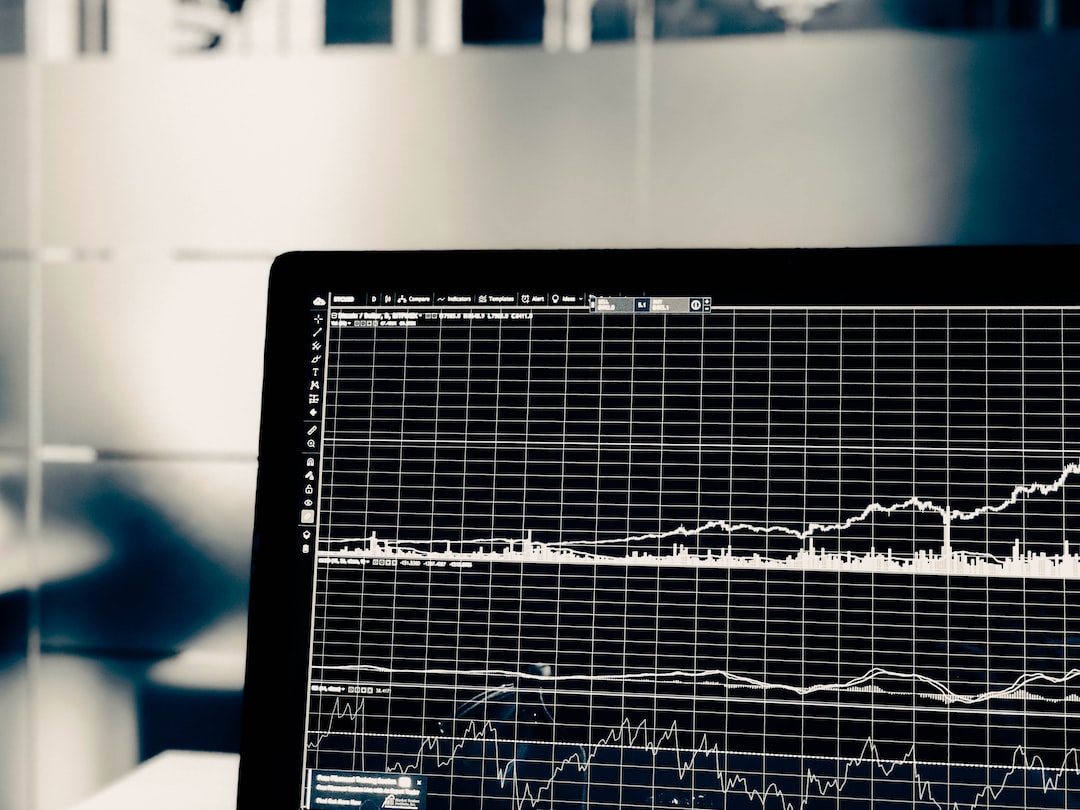Forex trading, also known as foreign exchange trading, is the buying and selling of different currencies in the global market. It is one of the largest and most liquid financial markets in the world, with a daily trading volume of over $5 trillion. Forex trading can be highly profitable, but it also involves a significant level of risk. To succeed in forex trading, it is essential to learn the necessary skills and knowledge. In this article, we will discuss what to learn in forex trading.
1. Understanding the basics
The first step in learning forex trading is to understand the basics. This includes understanding the language, terminologies, and concepts used in forex trading. Some of the basic terms include currency pairs, bid price, ask price, spread, leverage, margin, and pip. Understanding these terms is essential because they form the foundation of forex trading.
2. Technical analysis
Technical analysis is the study of price charts and market data to identify patterns and trends. It is one of the most popular methods used by forex traders to make trading decisions. Technical analysis involves the use of indicators, such as moving averages, oscillators, and trend lines, to analyze price movements and make predictions. Learning technical analysis is important because it helps traders to identify potential entry and exit points, and to manage risks.
3. Fundamental analysis
Fundamental analysis is the study of economic, financial, and geopolitical events that affect the forex market. This includes news releases, economic indicators, and central bank policies. Understanding fundamental analysis is essential because it helps traders to make informed decisions based on the underlying economic and financial conditions.
4. Risk management
Risk management is the process of identifying, assessing, and mitigating risks in forex trading. Forex trading is a high-risk activity, and traders can lose money quickly if they do not manage their risks properly. Learning risk management is crucial because it helps traders to determine their risk tolerance, set stop-loss orders, and use proper position sizing.
5. Trading psychology
Trading psychology refers to the emotional and mental state of traders when they are trading. It includes emotions such as fear, greed, and hope, which can affect traders’ decision-making processes. Learning trading psychology is essential because it helps traders to control their emotions, avoid impulsive decisions, and maintain discipline.
6. Trading strategies
Trading strategies are the methods and techniques used by traders to make trading decisions. There are several trading strategies, including day trading, swing trading, and position trading. Learning trading strategies is important because it helps traders to identify their preferred trading style and develop a plan that suits their goals and risk tolerance.
7. Forex brokers and platforms
Forex brokers are companies that provide traders with access to the forex market. They offer trading platforms, tools, and resources that traders can use to make trading decisions. Learning about forex brokers and platforms is crucial because it helps traders to choose a reliable and reputable broker and platform that fits their needs.
In conclusion, learning forex trading requires a combination of knowledge, skills, and experience. By understanding the basics, technical analysis, fundamental analysis, risk management, trading psychology, trading strategies, and forex brokers and platforms, traders can increase their chances of success in the forex market. It is important to note that forex trading involves a significant level of risk and traders should only invest what they can afford to lose.





